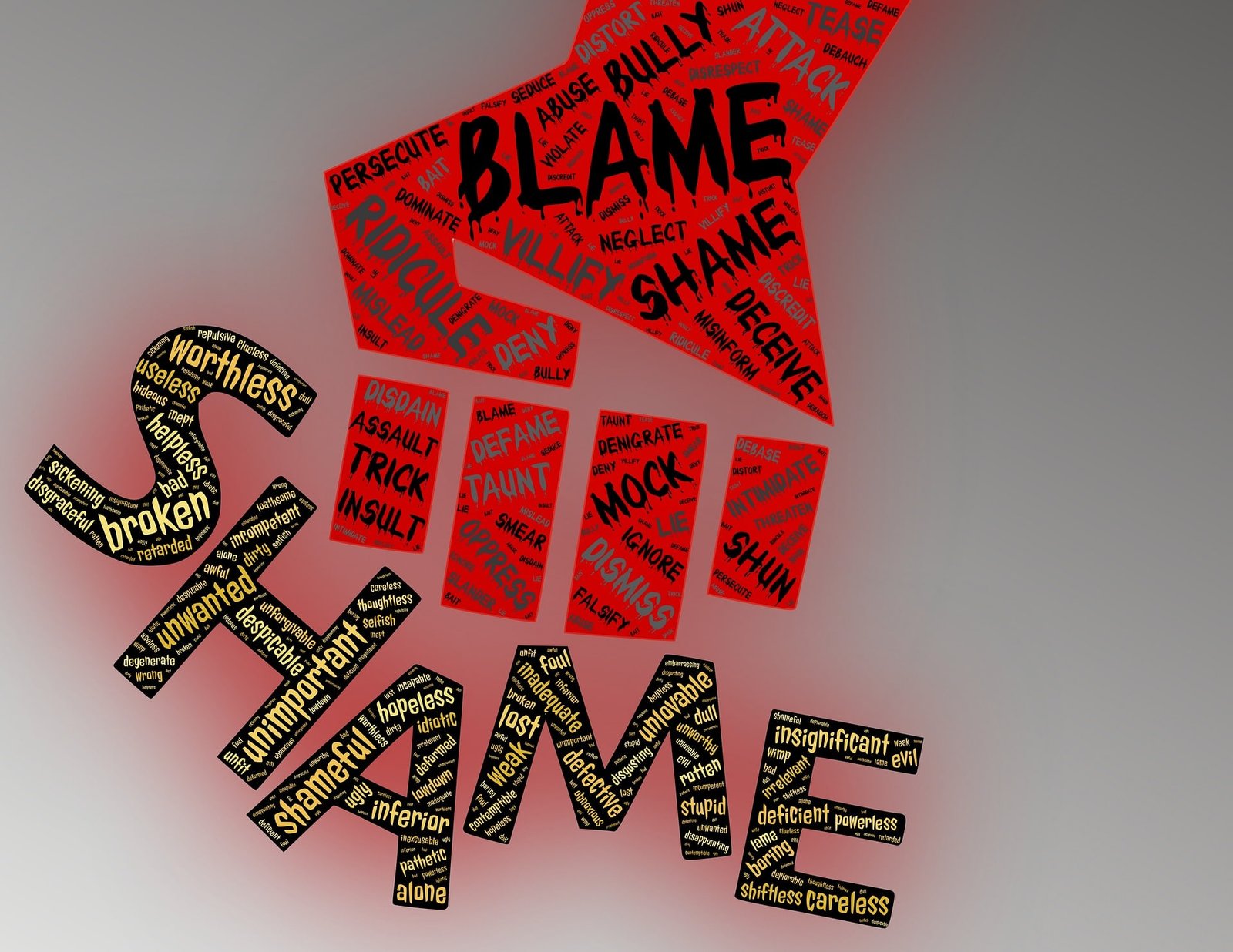Donald Trump has often been called a dictator, but if anything he’s closer to a mafia godfather. We must denounce the behaviour of strong men like him.
The occupant at the White House has been at it again – lambasting his critics and swearing revenge on anyone who dares to oppose him. Donald Trump has often been called a dictator, but if anything he’s closer to a mafia godfather. But Trump is a symptom – not the disease – and if anything he’s a symbol of the current debate we’re having about what democracy should look like.
Back from the brink
Here’s a little context. Early into the Trump Presidency, an investigation led by special counsel Robert Mueller (a former FBI Director) was launched to look at accusations that the Donald colluded with Russia to win the 2016 election. Critics suggested that Trump worked with Russia to hack the emails of his opponent – Democrat Hillary Clinton – and expose her embarrassing secrets to the world. These accusations grew louder after Trump fired then-FBI Director James Comey, allegedly for refusing to swear loyalty to him, leading people to believe he has obstructed justice as well.
This week Trump was vindicated – sort of. The report exonerates Trump of collusion with Russia, but not of obstruction of justice. According to the BBC, Trump said when asked about the people who opened the investigation: “There’s a lot of people out there that have done some very, very evil things, very bad things… I would say treasonous things, against our country. And hopefully people that have done such harm to our country, we’ve gone through a period of really bad things happening. Those people will certainly be looked at, I’ve been looking at them for a long time”.
That certainly sounds like a threat, and do you know what? It’s hardly the first one he’s made…
Swear undying loyalty
Trump is fast positioning himself as the godfather – or even the don – of American politics. If you play ball and kiss the ring, you’ll be fine with him – at least for as long as you’re useful to him. On the other hand if you dare to stand up to him – even in the name of comedy or satire – Trump will rain down fire and fury upon your head. Or he’ll Tweet threats at you – he’s much more likely to do that.
Jeff Session is the perfect example. The former US Senator was a Trump loyalist from the beginning. Trump rewarded his loyalty by giving him the Attorney General position. However, Jeff Sessions dared to recuse himself from the Trump/Russia investigation, and the minute he did, the New York billionaire flipped. After months of belittling Sessions online and making vague threats, he fired his Attorney Generaland made no bones about the fact that it was because he saw him as disloyal.
The President takes the same attitude with the media. Those media outlets who praise him – think Fox News– get special treatment. Trump goes on Fox Newsprogrammes all the time to spout his xenophobic rhetoric. Those that don’t play ball get threatened. Think of what Trump labels as the ‘failingNew York Times’ which is regularly critical of him. He has been known to threaten retaliation against reportersat this publication and others that dare to paint him in an unflattering light.
Dons around the world
This behaviour may seem shocking, but it’s hardly new. There are plenty of examples from history. Take Adolf Hitler. The Fuhrer was famous for playing his subordinates off against each other, taking out his fury on them whenever they displeased him, like a Mafia Don would. For example, when one of his top ministers Hermann Goering bungled Nazi efforts to take the Soviet town of Stalingrad, Hitler side-lined him and the Fuhrer would eventually go on to strip Goering of all his titles.
Things have been no different in recent times. Here we should look at Russian leader Vladimir Putin. Those who play ball in Putin’s Russia become oligarchs, acquiring vast wealth for their patronage. However, whenever anyone steps out of line, they’re punished most severely. A good example is feminist punk group Pussy Riot. After holding a protest against Putin in a church, they were mercilessly persecuted and sentenced to lengthy prison terms for daring to speak up. In this way he is a classic godfather – rewarding those who help him and striking out against those who don’t.
A popular approach?
This begs the question, as a society why have we let this behaviour go on so long? We have to look at how people like Donald Trump and Vladimir Putin position themselves. They frame themselves as strong-men, who can serve as the answer to all of society’s ills by taking a hard-line against any dissent. For many people – especially in the aftermath of a recession – this warped idea of political strength is extremely attractive. They see the godfather act they put up as a good thing really.
We can look at why Trump won the US 2016 electionto see how this strategy plays out. Trump shouldn’t have won. He was a terrible candidate. At the time he was viewed negatively by 61% of voters, while he was seen as neither honest nor trustworthy by 65% of them. It didn’t help that his opponent’s numbers in these areas weren’t great either – although they were better than his. But with his xenophobic rhetoric, Trump amassed a loyal following of vocal supporters – who were attracted to his threatening nature – and they propelled him to the White House.
An article on Psychology Todaycan give us some insight into all this. It states that there’s evidence to suggest that those voters who view authoritarian traits more positively are more likely to vote Republican. And those who scored highly in both their fondness for authoritarian traits and their affinity for social dominance orientation (where people favour stances that boost the dominance of their social group at the expense of another), were those that intended to vote Trump.
These voters have a trait that mafia dons are known to prize highly. Loyalty. Among the overall electorate, Trump’s numbers have never been strong. He’s never broken the 50% threshold, which is actually a historic – if dubious – accomplishment. But his base hasn’t wavered. According to a recent poll, only 4 in 10 voters would back Trump for re-election (48% would vote for a Democrat), but among Republicans, his support stands at 88% and that number has held pretty consistently.
Who do we want to be?
This calls into question the nature of democracy. Or more aptly, the question of what we want democracy to be. We’re seeing the rise of right-wing nationalism across the developed world, led by strong-men who’d be at home in the Gambino, Genovese or Colombo families. Those of us who truly believe in democracy, as well as the checks and balances that traditionally come with it, need to stand up and denounce the behaviour of strong men like Trump and Putin. Only by standing up and making out voices heard – consistently – will we get democracy back on track in the next decade.







